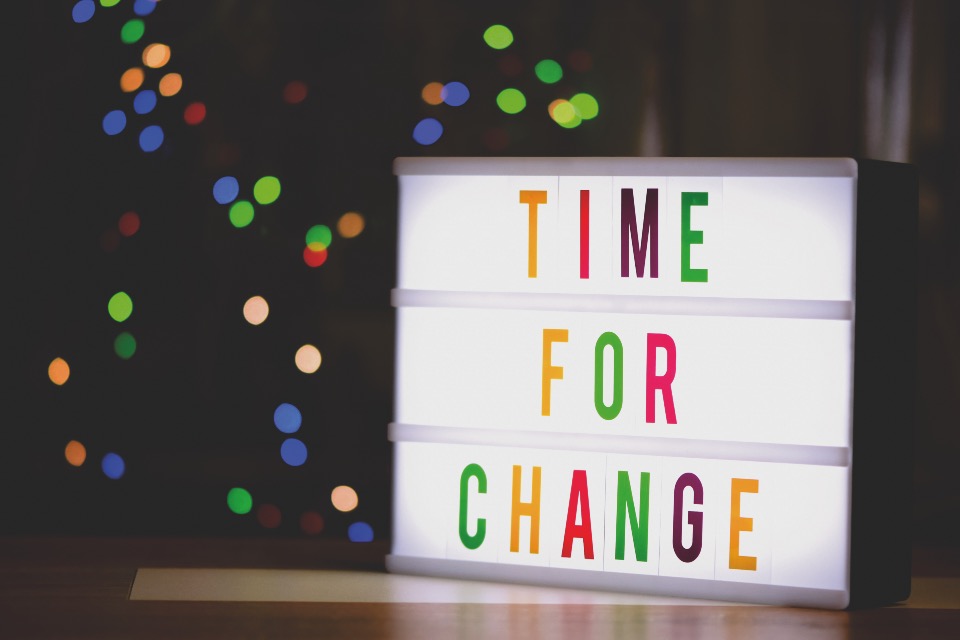ADHD and Addiction
- Start Your Journey
- Focused Chaos: Understanding ADHD's Role in Substance Use Disorder
- What is ADHD?
- ADHD and Substance Use Disorder
- Self-Medication and ADHD
- ADHD Medication and Substance Use
- Co-Occurring Treatment
- Behavioral Therapies
- Lifestyle Changes
- Education and Support for Families
- Breaking the Stigma
- Call 12 South Recovery Today!
- FAQs
- Start Your Journey

Focused Chaos: Understanding ADHD’s Role in Substance Use Disorder
Substance use disorder is a complex issue that affects millions of individuals worldwide. It is often intertwined with underlying mental health conditions, one of which is Attention-Deficit/Hyperactivity Disorder (ADHD). In this article, we will delve into the relationship between ADHD and substance use disorder, exploring how ADHD symptoms can contribute to the development and exacerbation of substance abuse problems. By understanding this connection, we can better address the needs of individuals with dual diagnoses and provide effective treatment strategies.
What is ADHD?
ADHD is a neurodevelopmental disorder characterized by persistent patterns of inattention, hyperactivity, and impulsivity. It commonly manifests during childhood and can persist into adulthood. Individuals with ADHD often struggle with executive functions such as organization, focus, and impulse control. These challenges can significantly impact various aspects of their lives, including academics, relationships, and overall well-being.
ADHD and Substance Use Disorder
Research has shown a strong correlation between ADHD and substance use disorder. Individuals with ADHD are at a higher risk of developing substance abuse problems compared to those without the disorder. The impulsive nature of ADHD, coupled with difficulties in self-regulation, can make individuals more susceptible to experimenting with drugs or alcohol as a means to cope with their symptoms or seek stimulation.

Self-Medication and ADHD
One theory behind the connection between ADHD and substance use disorder is the concept of self-medication. Individuals with ADHD may turn to drugs or alcohol as a way to alleviate their symptoms temporarily. Substances can provide a sense of focus, calmness, or even escape from the challenges associated with ADHD. Unfortunately, this self-medication can quickly lead to a cycle of dependence and addiction.
ADHD Medication and Substance Use
While medication is a common treatment for ADHD, there are concerns regarding its potential impact on substance use disorder. Stimulant medications, such as Adderall or Ritalin, prescribed to manage ADHD symptoms, have a similar effect on the brain as some illicit drugs. This similarity raises concerns about the potential for individuals with ADHD to misuse or develop a dependence on their prescribed medications.
Co-Occurring Treatment
Given the high prevalence of ADHD among individuals with substance use disorder, it is crucial to provide integrated treatment approaches that address both conditions simultaneously. Effective treatment may involve a combination of medication, therapy, and support groups. Therapy can help individuals develop coping mechanisms for managing ADHD symptoms and substance cravings, while support groups provide a sense of community and understanding.
Behavioral Therapies
Behavioral therapies play a vital role in treating both ADHD and substance use disorder. Cognitive-Behavioral Therapy (CBT) is commonly utilized to help individuals recognize and modify negative thought patterns and behaviors. This therapy assists in developing healthy coping mechanisms and improving impulse control, ultimately aiding in long-term recovery from substance use disorder.
Lifestyle Changes
In addition to therapy, lifestyle changes can greatly benefit individuals with dual diagnoses. Regular exercise, a balanced diet, and sufficient sleep have been shown to improve ADHD symptoms and reduce the risk of relapse in substance use disorder. Establishing a structured routine and incorporating stress management techniques, such as mindfulness or meditation, can also promote overall well-being.
Education and Support for Families
The impact of ADHD and substance use disorder extends beyond the individual affected; it also affects their families. Providing education and support to families is essential in helping them understand the complexities of these conditions. By equipping families with the necessary tools and resources, they can offer a supportive environment that encourages treatment adherence and long-term recovery.
Breaking the Stigma
Addressing the stigma associated with both ADHD and substance use disorder is crucial. Misconceptions and judgment can prevent individuals from seeking the help they need. Education and awareness campaigns can play a significant role in breaking down these barriers, fostering empathy, and encouraging a more compassionate approach to treatment and support.
Call 12 South Recovery Today!
If you or someone you know is struggling with ADHD and substance use disorder, it is essential to seek professional help. 12 South Recovery, an Addiction Treatment Center in Lake Forest, CA, is dedicated to providing comprehensive care for individuals with dual diagnoses. Our experienced team of professionals understands the unique challenges posed by ADHD and substance use disorder, and we tailor our treatment plans to address the specific needs of each individual. Contact us today to take the first step towards a healthier and more fulfilling life.
ADHD and substance use disorder often coexist, creating a complex and challenging situation for those affected. By understanding the relationship between these conditions, we can develop more effective treatment strategies that address the underlying causes and provide comprehensive support. Through a combination of therapy, medication, lifestyle changes, and support networks, individuals with dual diagnoses can overcome the obstacles they face and achieve lasting recovery.
FAQs
Start Your Journey
Contact us today and one of our team member will get in touch with you shortly.
INFORMATION REQUEST
CONTACT INFORMATION
ADDRESS
23712 Birtcher Drive ,
Lake Forest, CA 92630
PHONE:
866-839-6876
EMAIL:
ADMISSIONS@12SOUTHRECOVERY.COM

















